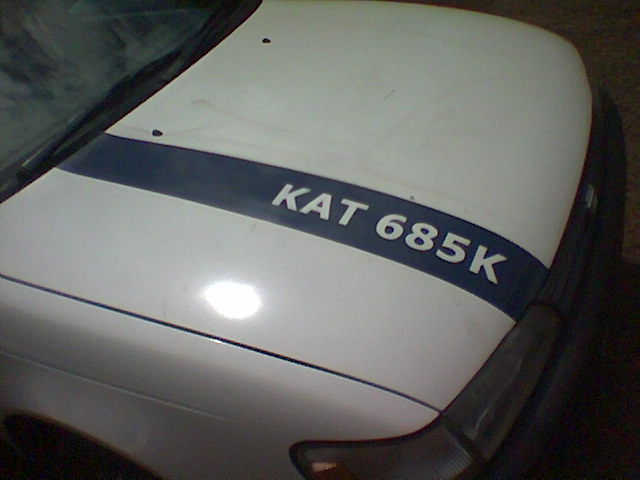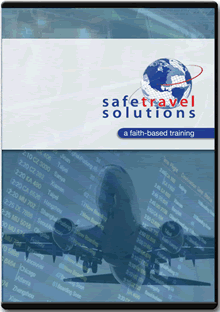
There are several things that you can do to deter automobile theft. The key concept is to make your vehicle undesirable to a thief. This is the idea of target hardening. Thieves look for vehicles that can easily blend in to the traffic and popular models with a large used parts market. Here are some things you can do to deter thieves, particularly if you have a common model.
- Always lock your doors
- Keep your windows up
- Install a car alarm
- Install a gear shift lock (in the picture) or steering wheel lock

- Etch your registration number on the glass/paint your registration number on the vehicle
- Paint your vehicle so that it is unique and easy to spot (see picture)
- Uglify your mirrors and lights to avoid theft with stickers, etching, or breaking
- Hide valuables out of site
- Keep a dog in your car
- Park in lots with guards/attendants
- Park in lighted areas
- Disconnect distributor cap or battery if leaving for a long period of time



